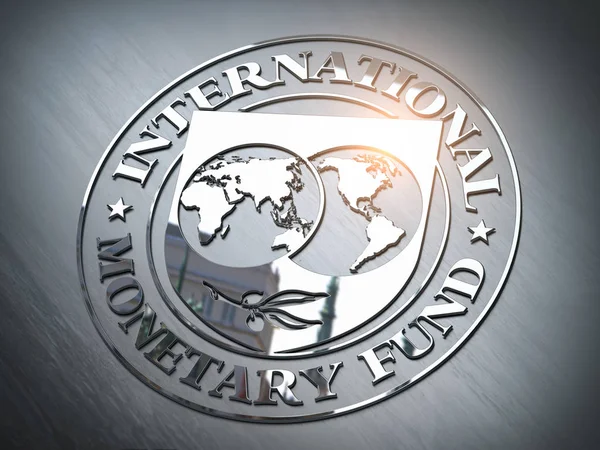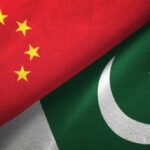The International Monetary Fund (IMF) has rejected Pakistan’s claim that it has fulfilled all the conditions necessary to receive funds under the previously agreed loan facility. The IMF and Pakistan signed a $6 billion deal in 2019, but the plan has been delayed multiple times due to Pakistan’s failure to complete all the necessary formalities. Prime Minister Shehbaz Sharif and Finance Minister Ishaq Dar have asserted that Pakistan has met all prior conditions, but the IMF has not released the funds, citing incomplete requirements.
The disagreement between Pakistan and the IMF over the loan facility has caused concern among investors, as the country’s economy has been struggling. Pakistan has also been facing a current account deficit, high inflation rates, and a depreciating currency. The country has sought to obtain loans from other sources to offset its financial troubles, but the IMF loan is seen as critical to stabilizing the country’s economic situation.
The IMF’s decision to withhold the loan disbursement comes as Pakistan is facing increasing pressure from the international community to crack down on terrorism. The Financial Action Task Force (FATF), an international organization that works to combat money laundering and terrorism financing, has placed Pakistan on its “grey list” due to its failure to take sufficient action against terrorist financing.
Pakistan has been taking steps to address the FATF’s concerns, but its progress has been slow, which has led to increasing scrutiny from the international community. The IMF has also expressed concern about Pakistan’s lack of progress in implementing structural reforms, which are seen as critical to addressing the country’s economic challenges.
The IMF’s rejection of Pakistan’s claim that it has met all the conditions necessary to receive the loan disbursement is likely to put further pressure on the country’s economy. Pakistan will need to take steps to address the IMF’s concerns and meet the outstanding requirements if it hopes to receive the loan funds. The situation is likely to continue to be closely watched by investors and the international community, as Pakistan’s economic stability is seen as critical to regional stability.









